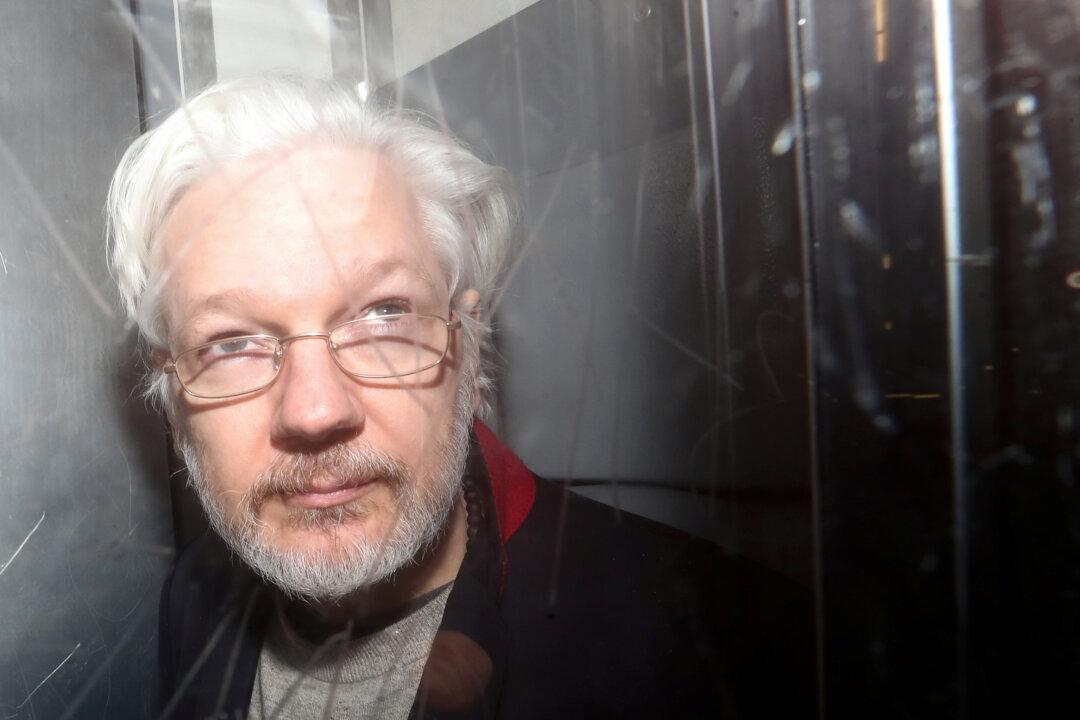Wikileaks founder Julian Assange reached out to the U.S. Department of State in 2011 to help contain the release of the unredacted secret diplomatic cables. He urged the department to take steps to stop or at least slow the impending public release of the information, providing several possible ways to do so, according to his recently released phone call.
“We believe that within the next few days it will become public. … There may be some possibility to stop it,” he said in a call with a State Department lawyer released on Dec. 16 by Project Veritas, an undercover journalism nonprofit.





